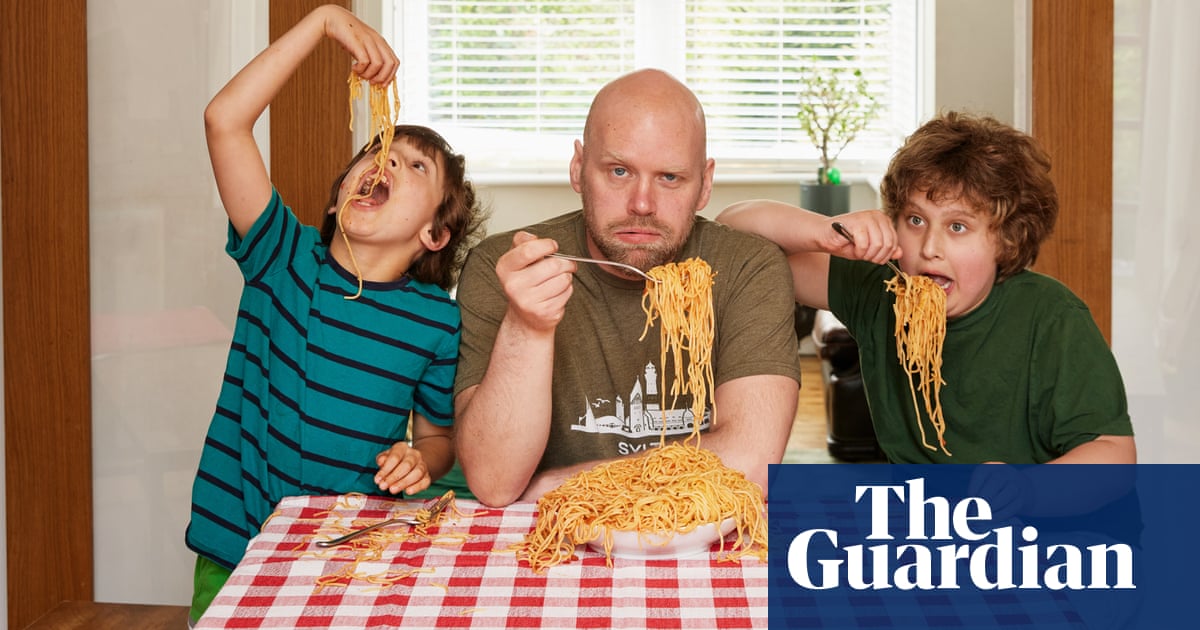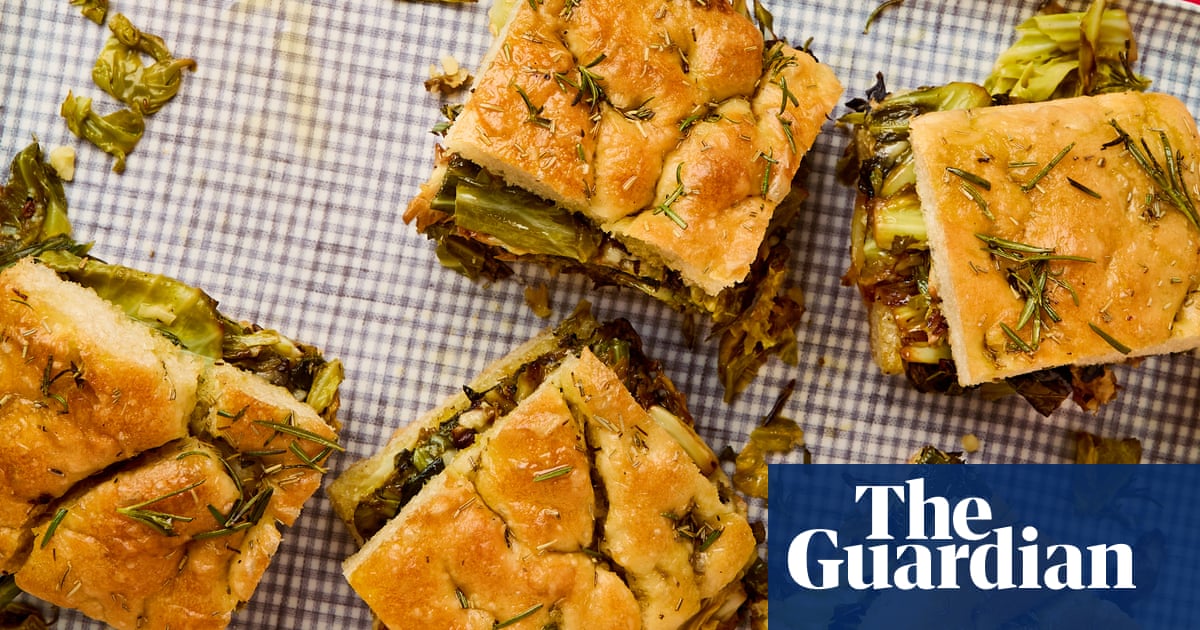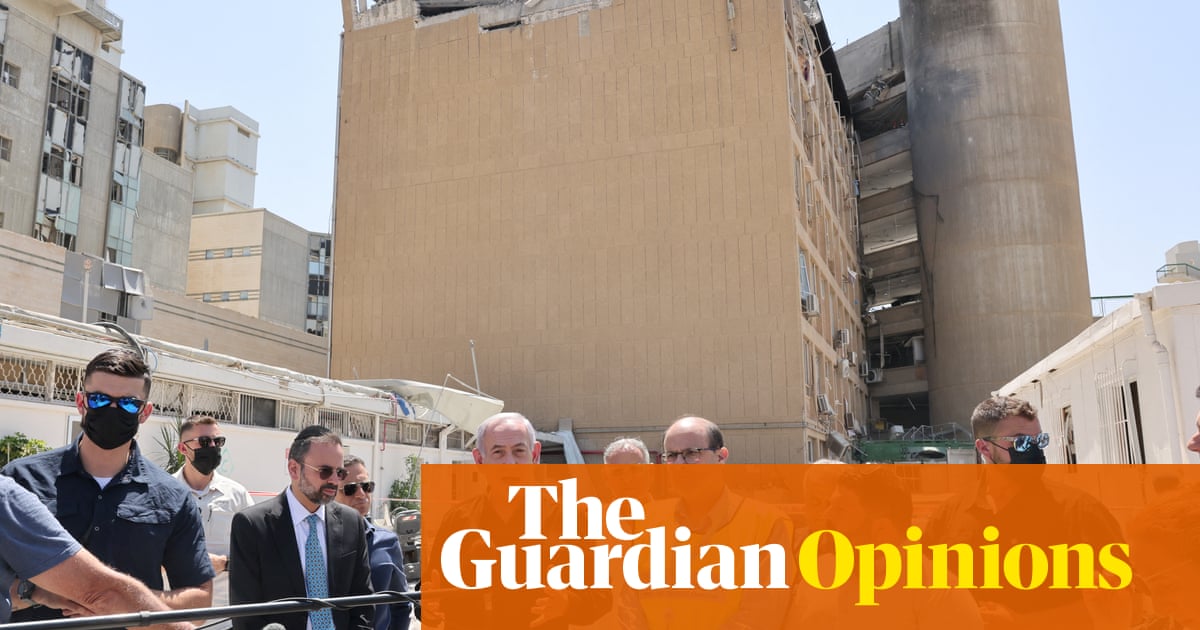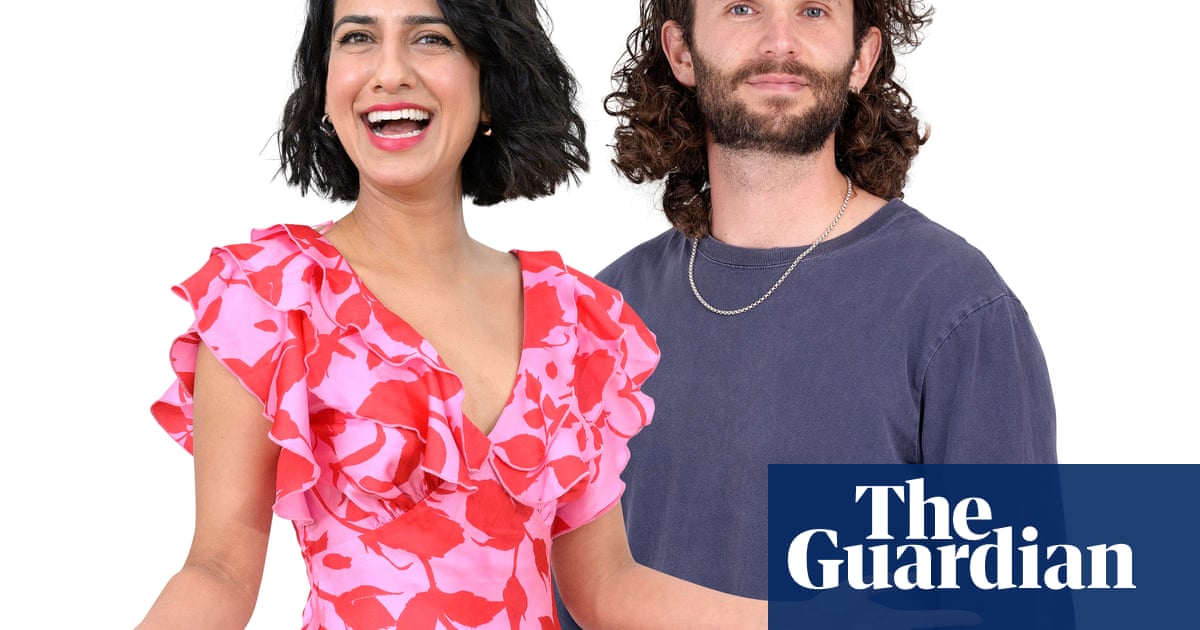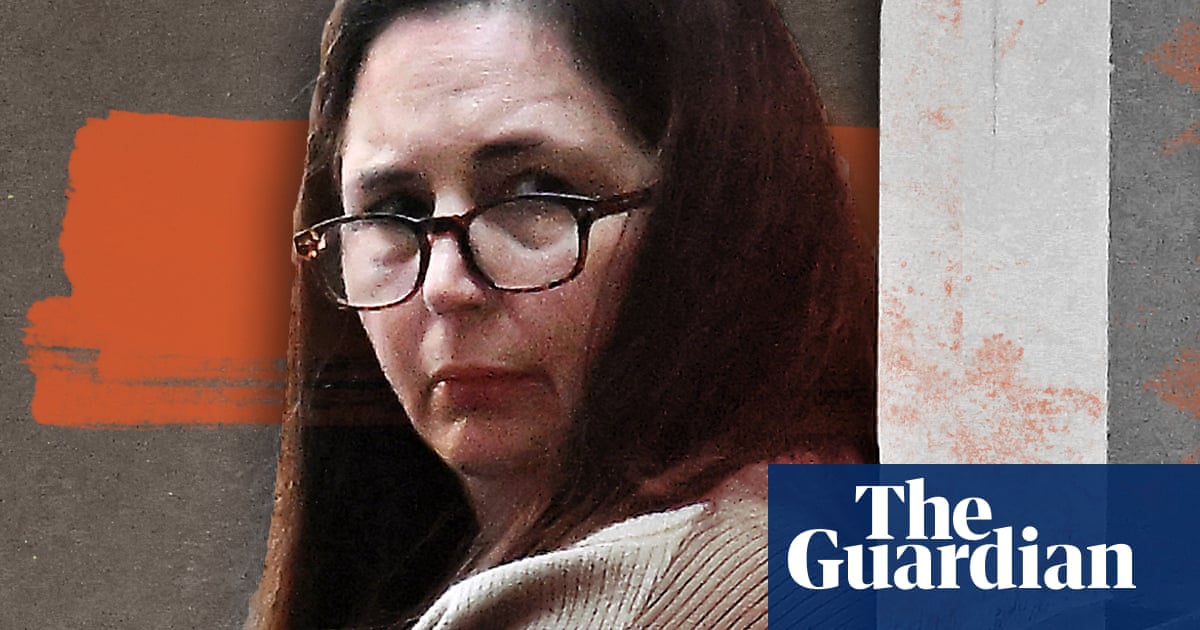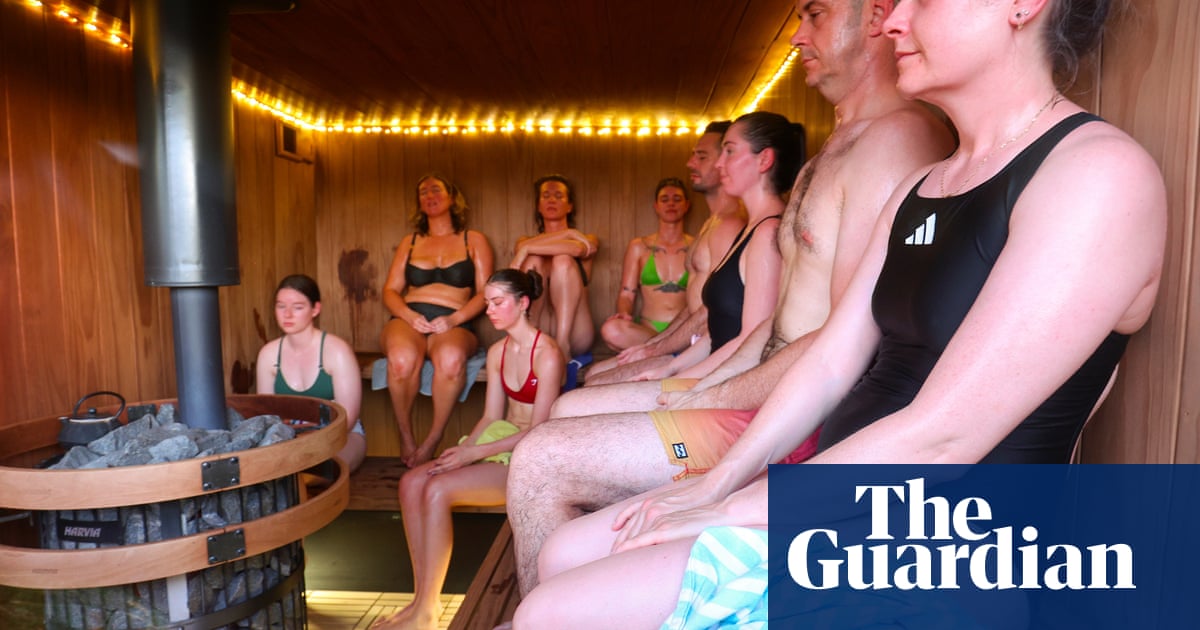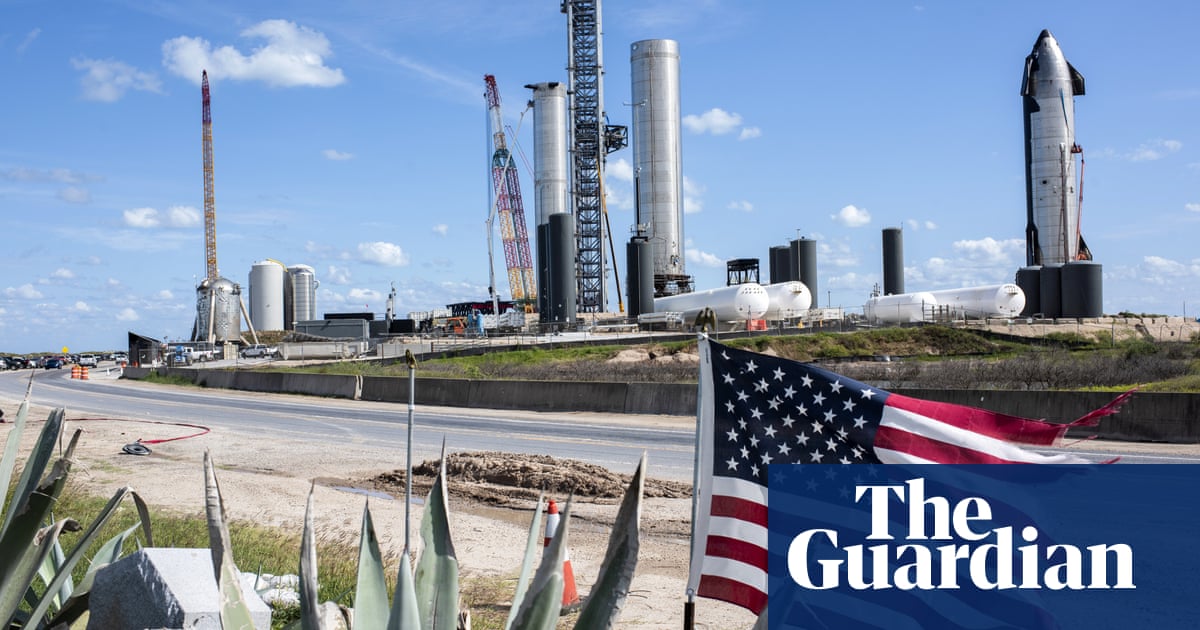One by one, 29 women sat before Dr Laura Abbott in similarly small, nondescript rooms across five UK prisons, and described losing their babies. They were not bereaved in the conventional sense – although they were clearly holding in grief, as once the guards had left, they let rare public tears fall. Prisoners who had given birth in custody, they had been separated from their newborn children. In some cases this had happened within four or five days of becoming mothers.
“It was worse than giving birth,” said one woman. “That was the hardest pain of my life. I’ve never felt pain like it … It was in my chest, in my heart. Even in my belly.”
“It was as if my whole body craved him,” said another woman. “It’s like losing a limb, losing your sight,” a third explained. “It’s like losing any hope.”
Some of the mothers were still producing milk when Abbott and her assistants spoke to them. One said she was so reluctant to raise this in the prison that she was expressing manually into her cell sink.
“I get cramps when I’m expressing milk, which I know is normal,” another said, adding: “I miss having a bump; I miss having the baby. I keep waking up at night and he’s not there.”
Abbott, 54, a former midwife and senior lecturer in midwifery at the University of Hertfordshire, spoke to the women last year for the Lost Mothers Project, which will be launching at the British Museum in London on 8 May.
A collaboration between the university, the charity Birth Companions and an advisory team of women with lived experience, the report, which is the result of three years of research, examines the experiences and needs of an invisible cohort.
Abbott says that many of the women had not voiced their experiences before. “They hadn’t often had the chance to talk about it,” she says, describing how slumped shoulders would begin to shudder and “it just all came tumbling out” against the foil of shouts and banging outside.
“The women would use really quite violent language to describe their baby being ripped from them,” she says. “That really struck me, that physical rawness of the pain.”
New mothers in custody can remain with their babies while they are under the age of 18 months. There are mother and baby units (MBUs) in six of the 12 women’s prisons in England and Wales. But not all pregnant women in custody, or mothers entering the system with infants, are granted a place. Between 2023 and 2024, 50 women entered MBUs from 92 applications. Lost Mothers claims the MBUs are “underutilised”. Who does get a place is decided by multidisciplinary MBU boards. Abbott observed five such meetings, and while few would argue that every mother should remain with their baby, the decisions made can be “inconsistent”, Abbott claims. They can also happen late in pregnancy, causing severe stress, or even after birth.

While mothers may speak at the decision meeting, they have no legal representation. Social workers, Abbott reports, sometimes do not attend, or might not know the mother. And yet the outcome of meetings can be seismic, with babies placed in foster care or adopted. Abbott estimates that about half of the decisions she witnessed went against the mother. She believes that too many enforced separations are happening. More than 70% of female prisoners have not committed a violent crime.
“There are situations where women do need to be separated,” she says. But, she adds, “There are situations with some of the women I’ve met when you think: ‘Why weren’t they given a chance?’”
Usually measured, her composure frays – she carries those 29 women with her. “I think it’s unfathomable,” she says. “The cruelty of that punishment of having your baby removed. You can hear from the women’s voices, it’s torturous.”
Anna (not her real name), 38, has endured this. Her trauma and anger are now channelled into campaign work and she assisted the project. She was six months pregnant when she was sent to prison nine years ago for her first offence. She was at full term when she finally stood before an MBU board. She is vocal about the horrors of giving birth in custody. She had to press her call bell “four or five times for an hour” when she felt labour pains. She says she was taken to hospital in handcuffs: “[The guard] told me to be grateful that she put me in long cuffs.” They were taken off before she was taken to the delivery suite – since 2022, it is mandated that restraints must not be used on pregnant women taken to appointments unless they are deemed essential.
But it is when she talks about her subsequent separation from her son that Anna momentarily loses her words. She was initially granted an MBU place, but when bailed before sentencing she had to go back to the beginning, and needed to reapply when she returned to prison. This bureaucratic delay resulted in a five-week separation.
Anna began to feel suicidal, and even stopped her mum bringing her son to visit. “It was just getting harder. Sometimes my legs felt heavy, as if they didn’t want to walk away,” she says. “Sorry, I’m getting upset …” She continues: “It was as if somebody was tearing my heart out.”
She was still producing milk. Women are entitled to express, but she says guidance wasn’t offered. “I went to a shower and hand expressed,” she says. “I had suicidal thoughts but I didn’t want to say anything because I thought it would be held against me.”
Attending the MBU boards was terrifying. The first, when she was heavily pregnant, was one of “the most scariest, anxious times of my life”. Of the second, she claims she was told to “pull herself together” when she cried. “I don’t even know who the social worker was. I’d never met her before,” she says.
An intense fear of separation is palpable in Abbott’s report. One woman interviewed describes a fellow prisoner in labour: “She didn’t press her cell bell. She knew they were going to take the baby. So, it was as if she was trying to keep hold of her baby for as long as possible … In the end, they had to prise her legs open to make her give birth.”
Abbott’s Lost Mothers Project was prompted by her doctorate in 2012, which examined the experience of pregnant women in prison. She had no personal connection; indeed, had never even entered a prison before. She is sunny and softly-spoken, but her gentle manner belies a fierce desire for justice.

“I saw a woman handing her baby back [after a visit] with bags of milk she’d expressed,” she recalls. “It haunted me.”
Then, in 2015, came the suicide in custody of first-time offender Michelle Barnes, 33, who had been separated from her newborn daughter and told she wasn’t able to see her. The Ombudsman’s report revealed she had been returned to prison and allowed to visit her newborn child in hospital to feed – only to subsequently be informed “without explanation or discussion” that she wouldn’t see her baby again.
Abbott describes ad hoc support for separated mothers, and often inappropriate understanding, stemming in part from a lack of formal training, she believes. In response, the Ministry of Justice highlights a catalogue of new measures. It underlines that in 2022 a new women’s prison officer course, including a newly developed module on pregnancy, MBUs and maternal separation, was introduced. This was followed by new training on pregnancy and perinatal care. And there is now mandatory multidisciplinary care planning for pregnant women, plus new liaison officer roles.
But Abbott claims she did not see evidence of training on compulsory separation. She believes formal training on this for staff, including midwives, social workers, and prison guards, is minimal. Some staff who spoke to Abbott also confided their own struggles and concerns.
“Regardless of whether a woman should or shouldn’t be separated from her baby, that woman still needs a special type of support,” Abbott says.
One woman’s experience exemplified acutely the void in understanding. She had given birth about eight months previously, and her son had been removed within days. She still cuddled his blanket at night. “She looked like a little girl,” Abbott recalls. “She was saying that in the hospital they had been really kind, because they’d given her this baby box.” She describes a box of well-intentioned items chosen to help remember a baby. “But it was meant for a baby that died.”
She recorded the young woman’s words. “There are things in there that weren’t quite right … like a little seed packet to plant a tree,” the mum says. Abbott clenches her teeth. “Well, you know, it was kind of them to do it, but actually that is so inappropriate,” she says.
Campaign groups including Birth Companions have long argued that pregnant women should not be imprisoned. In 2019, newborn Aisha Cleary died in her 18-year-old mother’s cell after her calls for help during labour went unanswered. In 2020 another baby was stillborn in its mother’s cell.
Yet the number of pregnant women imprisoned was not counted until 2021. There are now known to have been 215 pregnant women in English prisons between April 2023 and March 2024, more than a third of them on remand. During the same period, 53 women gave birth in custody. Data is not kept on mothers and babies separated soon after birth.
The justice secretary, Shabana Mahmood, has agreed that prisons are not working for women. “The simple truth is we are sending too many women to prison,” Mahmood said on the launch of a new Women’s Justice Board in January. “Many are victims, and over half are mothers, leaving a child behind when they go inside.”

The board was formed “to reduce the number of women in prison, and better support those who must still be imprisoned”, says a Ministry of Justice spokesperson.
There have been other developments, too. Judges can now consider pregnancy as a mitigating factor in sentencing, and a further guideline issued by the Sentencing Council was due this spring, stipulating that pre-sentence reports should be required for certain groups, including pregnant women. This has been delayed.
Other measures have been recommended or introduced – although campaigners say progress is too slow. The 2022 chief social worker’s MBU review made recommendations including changing the governance of boards; making the independent chair role a formalised public appointment with a fixed term; and ensuring greater scrutiny.
Measures called assessment, care in custody, and teamwork, used to check regularly on prisoners at risk of self-harm or suicide, are now applied to women separated from their children, but Abbott says she did not consistently see support offered in tandem.
Naomi Delap, director of Birth Companions, which works to improve the lives of mothers and babies facing inequality and disadvantage, says the case of Barnes “starkly” illustrates the risks, and stresses the trauma to babies. “It’s such a critical time for attachment relationships … Disrupted attachment affects people’s mental health throughout their whole life,” she says.
For her, the answer can only be community alternatives: “Ending the use of custody for those women in all but the most exceptional circumstances,” she says. “There needs to be a mandated approach as there is in so many other countries.”
Anna’s son is now nine, and has been diagnosed with attention deficit hyperactivity disorder (ADHD). She cannot know if the trauma of their separation contributed. Potential links have been found between insecure attachment disorder and ADHD symptoms. This is because attachment plays a key role in the development of our ability to regulate emotions.
Progress is too slow, Anna says. “It seems like medieval times, with the mindset of you do the crime; whatever repercussions come your way, you deserve.”
There is no one size fits all, but perhaps one mother’s voice from Abbott’s report should ring clearly in every decision-maker’s ears: “Not all people that come to prison make bad mothers,” she says.

 1 month ago
77
1 month ago
77

